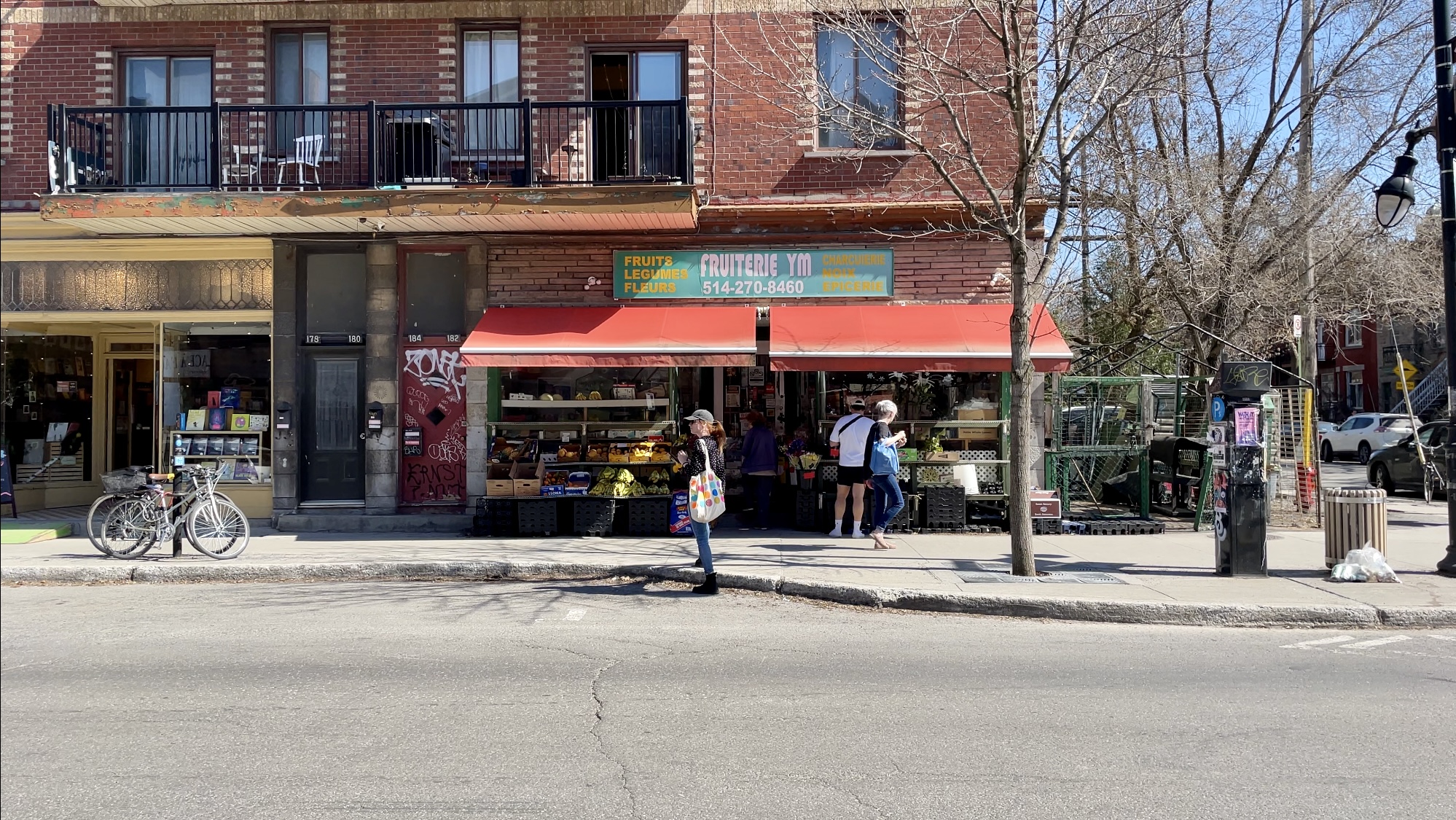Closing the Cycling Gap: Examining Equity Implications of Montreal’s Bikesharing Network Growth

Our publication in the Transportation Research Record (TTR), authored by Philip Bligh, Kevin Manaugh, David Wachsmuth, and Maxime Bélanger De Blois, explores the significant expansion of Montreal's BIXI bike sharing system. Since its integration under the City's management in 2014, BIXI has grown from 459 to over 750 stations, demonstrating a remarkable increase in access and mobility.
Our study utilized logistic regression analysis to delve into the factors influencing the placement of new BIXI stations. The findings reveal a progressive shift towards prioritizing lower-income neighborhoods and areas with higher concentrations of visible minorities, underscoring a move towards more equitable urban mobility solutions.
To put it simply, our research looked at why certain neighborhoods in Montreal received new bike-sharing stations and others did not. We found that areas which traditionally might have been overlooked—those with lower incomes and more diverse populations—are now being focused on. This means the expansion is not just about adding more stations, but about making sure they're added in places where they can benefit everyone, especially those who haven't had as much access before.
If you're as passionate about sustainable transport and urban development as we are, you'll find the insights from this study especially compelling. Check it out to see how data-driven decisions are shaping the future of city mobility!




